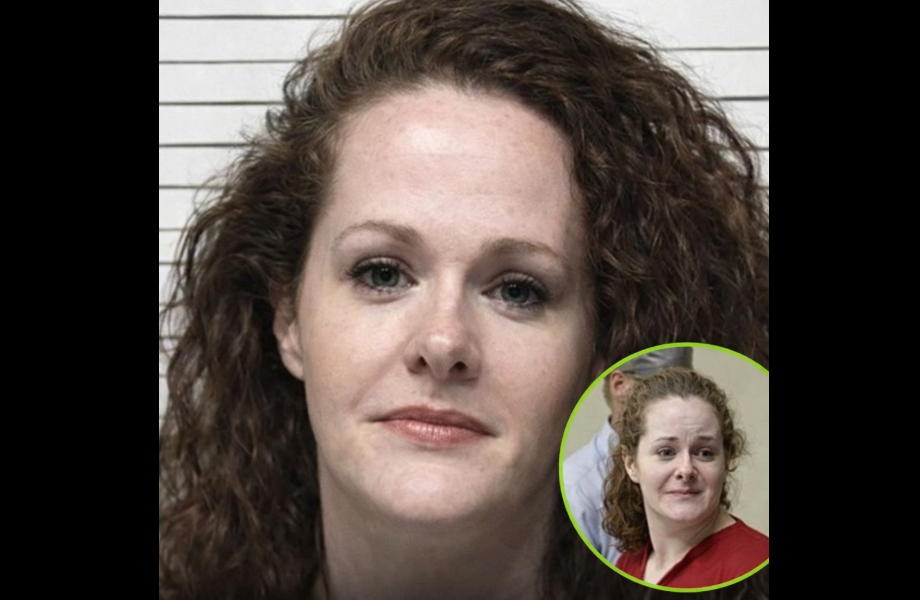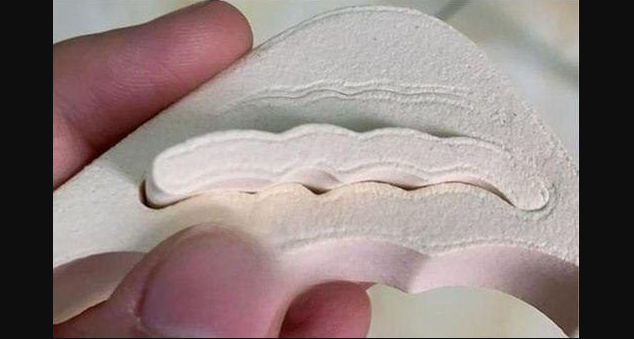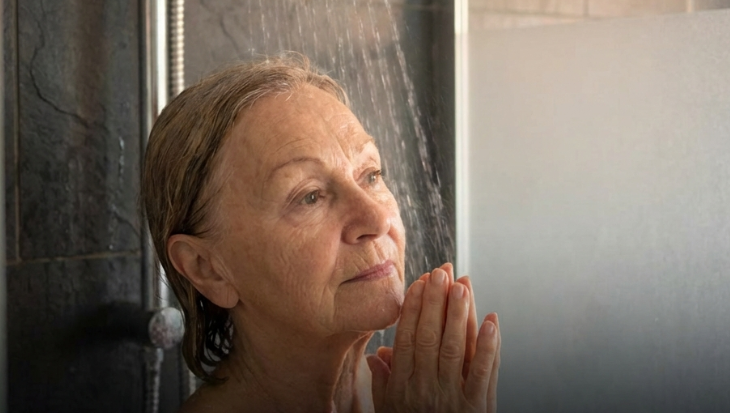The day my husband received his diagnosis, I believed my entire world had collapsed — unaware that it marked the start of a deeper, more complex sorrow. For a decade, we had woven a life rich with joy, ambitions, and mutual dreams. Then, almost overnight, our mornings became a routine of pill bottles and our evenings filled with hushed anxieties. I convinced myself that love demanded unwavering strength for him, even as his illness began to reshape every aspect of our existence.
As time passed, I transitioned from being a wife to a caregiver. I juggled doctor’s visits, maintained our home, and strove to be a beacon of hope amid the growing shadows. Yet, the man I cherished had become someone unfamiliar — not by choice, but because pain and fear had overtaken him. I watched him slip away emotionally, and though I empathized with his struggle, I felt myself diminishing too. I wasn’t truly living; I was merely enduring.
One still evening, after another exhausting day at the hospital, I caught my reflection in the mirror and saw a stranger. I longed for laughter. I yearned to feel vibrant again. In that raw moment of truth, I understood that love alone couldn’t mend the fractures within me. I didn’t walk away because my love had faded — I left because I needed to rediscover the person I was beyond the illness that had engulfed us both.
When others learned I had chosen to leave, they were quick to judge, unaware of the endless nights I wept, the years I battled to keep our life intact, or the silent guilt that lingered after my decision. I will always hope for his peace and ease, but in the aftermath, I’ve reclaimed something invaluable — myself. At times, love means standing firm. But at times, love means stepping away to preserve the essence of who you are.






